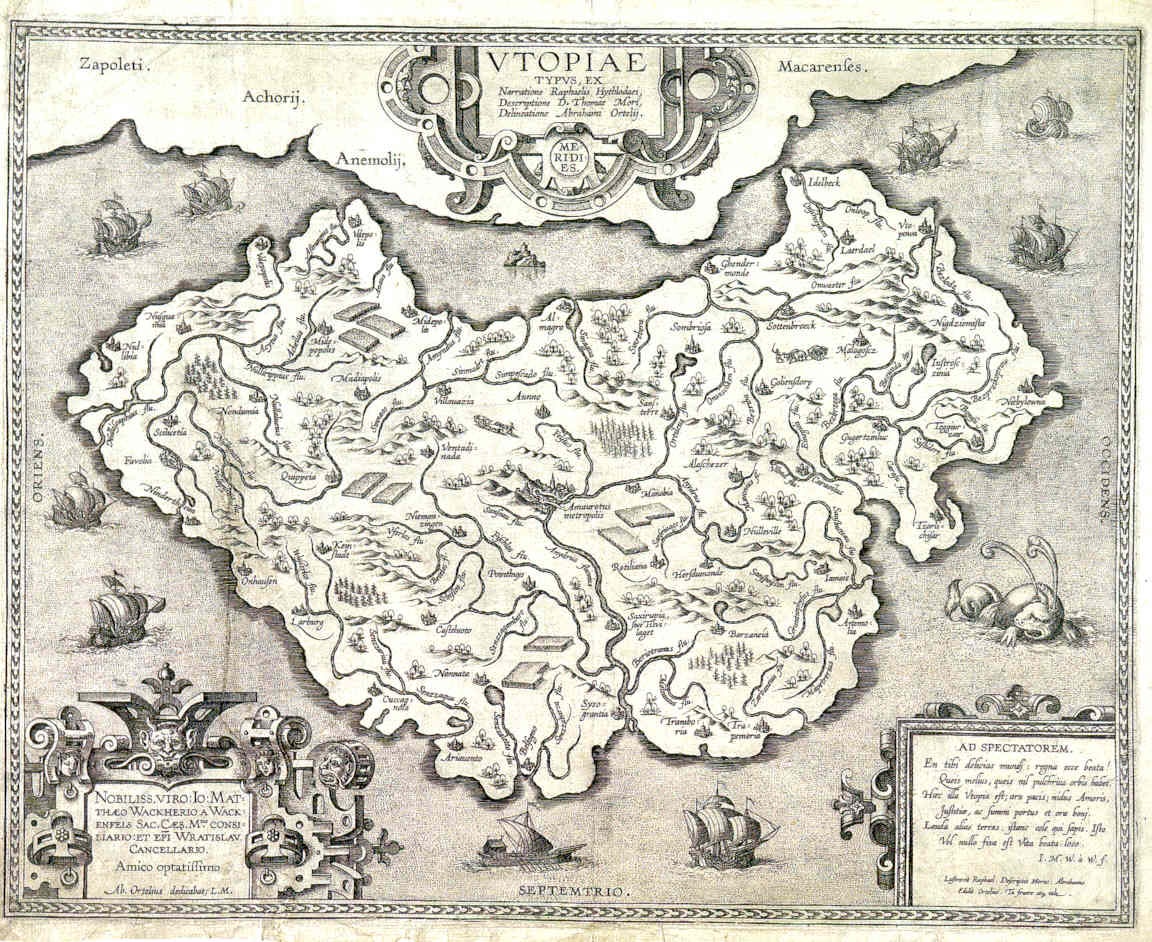The concept of Utopia has been around since long before Thomas More coined the word. From as early as the construction of the Tower of Babel, mankind has been looking to regain the world of perfect harmony it lost at the fall. Since sci-fi offers speculative commentary on the human condition, it makes sense that the subgenres of utopia and dystopia are prominent within the genre. Utopian fiction was, in fact one of the best represented subgenres of sci-fi in the first century of science fiction.
So, here are some of the most thought-provoking and influential perfect-world stories, which shaped fiction and society in the years following their release.
5. A Crystal Age by W.H. Hudson (1887)-
A strange and fantastic tale of a simple, peaceful, post-apocalyptic world, and the modern man who struggles to adapt. A Crystal Age is notable for defining the pastoral utopia- a perfect world free from technology and industrialization- and for predicting the ecological spiritualism which is prevalent in our century.
4. The Crater by James Fenimore Cooper (1847)-

Written by all-American Romanticist James Fenimore Cooper, this lost-island utopian story comments on the struggle between colonialism and native peoples.
3. Erewhon by Samuel Butler (1872)-

Erewhon, an anagram of ‘nowhere’, is not a utopia in the traditional sense of the word. The world of Erewhon is not perfect, though it is also not bad enough to be classified as a dystopia. Samuel Butler used his story to poke fun at Victorian society.
2. Utopia by Thomas More (1516)-

Long before science fiction was an established genre, Thomas More gave later writers something to think about when he coined a new word for an old idea. Utopia, meaning both ‘good place’, and ‘no place’, was the title of his fictional depiction of his idea of the perfect society.
1. Looking Backward: 2000-1887 by Edward Bellamy (1888)-

Bellamy’s novel depicted a future American utopia governed by the principles of socialism. Not only was it one of the best-sellers of its time, but it also inspired a movement to implement the ideas contained within. Readers were attracted to the harmony and order found in the book, and some even started experimental communities in an attempt to build utopia from the ground up.
The study of utopian fiction is a fascinating, though sad one. People have striven for millennia to find peace with themselves and their fellow men. Utopian literature gives us a well-preserved peek at some of the tried-and-failed ideas of past visionaries. We see questions without answers- questions that cannot be answered apart from reconciliation between humanity and its creator.
Keep on glowing in the dark,
Elora
No comments:
Post a Comment